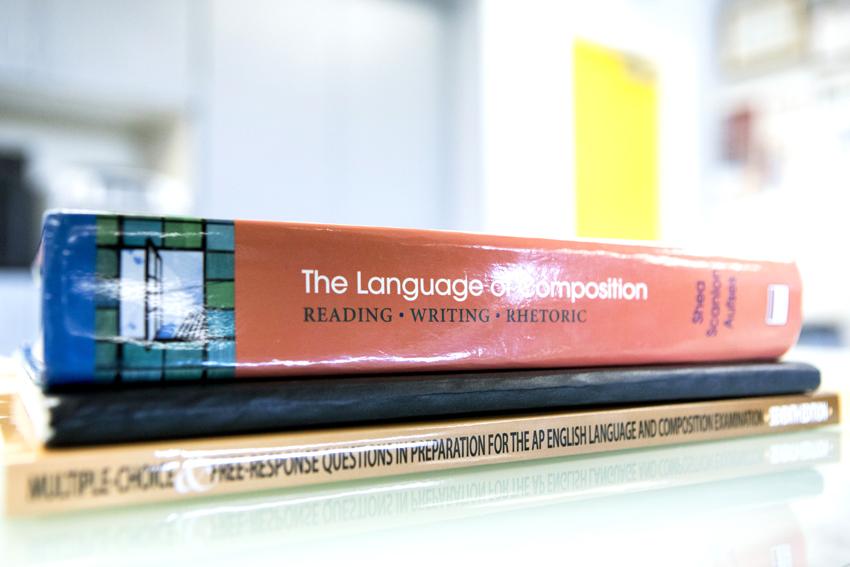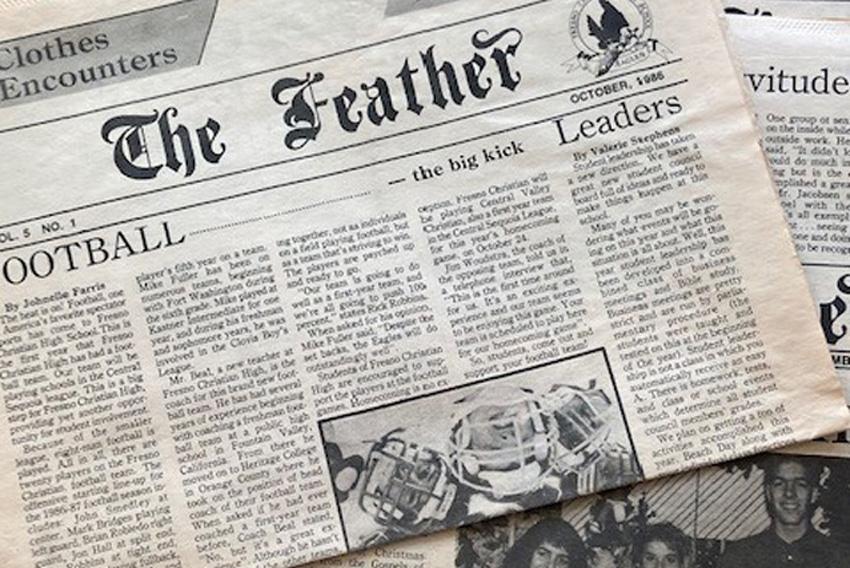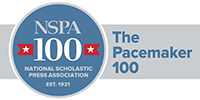Students, staff share insight into advanced courses
Originating from the 1950s, AP classes challenge students outside of the regular curriculum. Although giving students the opportunity to maintain a higher G.P.A, the classes come with their own advantages and disadvantages. In 2017, 1.17 million students took an AP class exam, which prepared students for the rigors of higher education.

AP composition and language teacher, Andrea Donaghe sees AP classes pushing students to excel and imitating college classes.
“One of the benefits is that if you’re going onto higher learning you are really prepared,” Donaghe said. “It’s the rigor of the class, the demand and how much work is required of you which is something that can be a con and a pro. Something that can be a con is that it can be an overwhelming amount of work for people are not prepared.”
FCS alumni and former Feather staffer, Juliana Lozano, ’18, reminisces on the higher expectations during an AP class.
“The main differences between an AP class and a regular class is the depth of content and the speed in which the content is covered,” Lozano said. “For example, entering into AP USH my sophomore year, I was expected to have read multiple chapters of the book over the summer and fill out a study guide, as well as be prepared for a test within the first week of school on the material. Students are expected to know the material inside and out, not simply memorize.”
At the end of an AP class the students are required to take the AP test in order to confirm their work throughout the year. The exam is graded on a scale of one to five. A score of three is considered to be passing and five is the top mark a student can achieve.
Completing her fifth year teaching at FCS, Donaghe recognizes the organization required during an AP class
“And it just requires a student to be organized and even think ahead,” Donaghe said, “if you are taking the AP class you are putting in the time and doing the work. It requires good judgement and organizational skills. Sometimes choices have to be made, ‘do I want to go out with friends or do I want to do this homework?”
During her four AP classes Hannah Garcia, ‘20, has gained knowledge that benefits her in everyday conversations and outside the classroom.
“AP classes are very helpful outside of classroom,” Garcia said, “especially when I have conversations with adults around me I can now put in my foresense. Knowing and having that background knowledge from certain classes that I have taken sometimes I even find myself correcting the adult because I know more than the general education. I like being able to have an argument and have that knowledge in my head and share that wisdom with others.”
Currently studying neurobiology at UC Davis, Lozano weighs the pros and cons of AP classes.
“Pros to taking an AP class would be the challenging content and the college credit,” Lozano said. “Even if a student’s college of choice does not accept AP credits for that specific course, studying and learning the material prior to entering a college course provides experience for future learning. Cons would be the time commitment required. While in AP classes, most of your time should be devoted to learning material and truly knowing it. The workload can be difficult to balance for some students, but with time, becomes manageable.

Although not planning on taking AP classes, Ashley Logan, ‘22, recognizes why students might take an AP class.
“AP classes can be beneficial to students because they can get college credit,” Logan said, “so that they don’t have to pay as much as for college later and you can just take them now. That way you can learn more and become more intelligent than in a regular class. Because everyone wants to be smarter for sure.”
Garcia reasons that colleges value AP classes due to the extra demonstration of effort and accountability on the student’s part.
“Colleges value AP classes because they show that the student really has initiative to learn,” Garcia said. “It’s for students who want to come into college and learn more about what they want to study. And in general when they see someone taking an AP class they value the student more because they see the ambition.
Logan also notices that AP classes cause stress but also help your learning experience.
“It’s a lot more work so you will know how to handle stress,” Logan said, “so later on during college there will be more stress but you will be able to deal with it and grow that way.”
Currently FCS offers: AP biology, AP European history, AP U.S. history, AP calculus, AP language, AP literature
For more articles read: Breaking: Sadies announced Oct. 27 or Journalism staffers, advisers share benefits of publications.





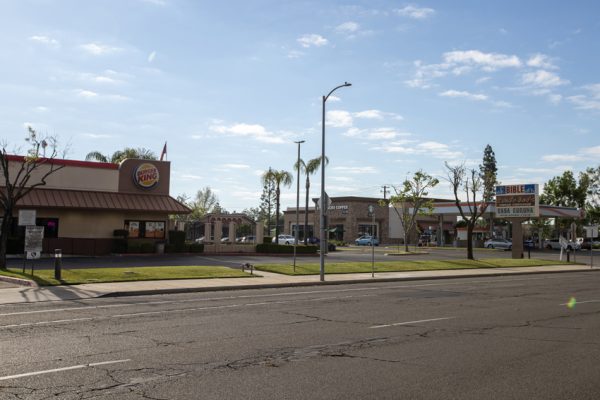
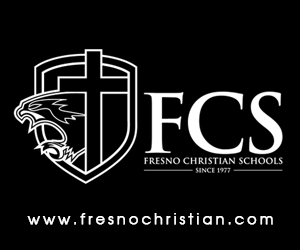
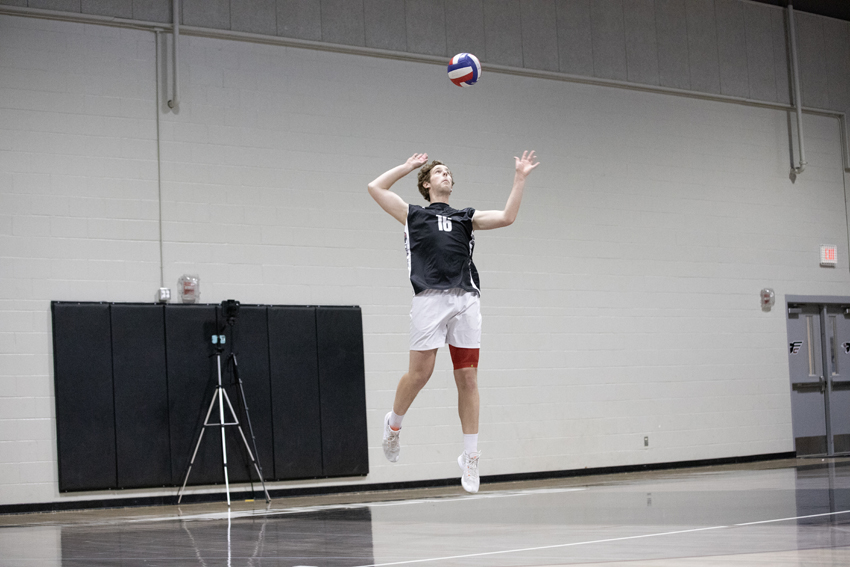
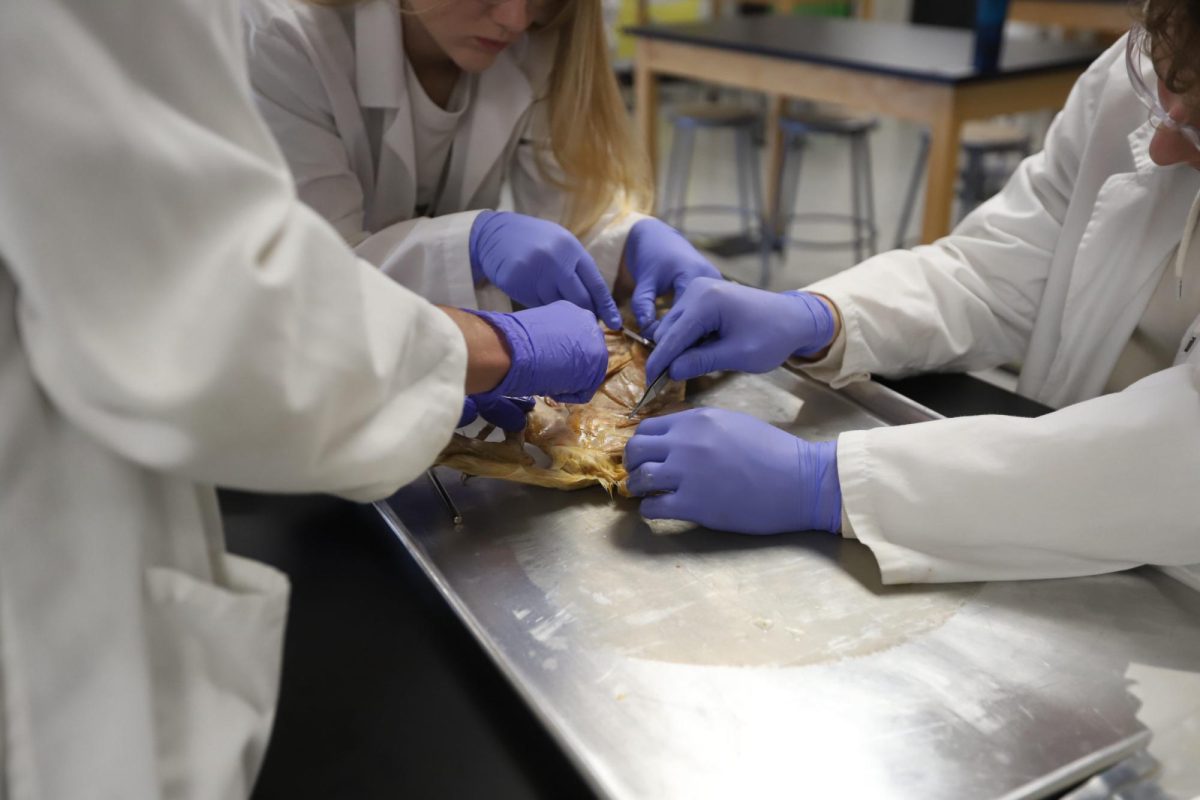
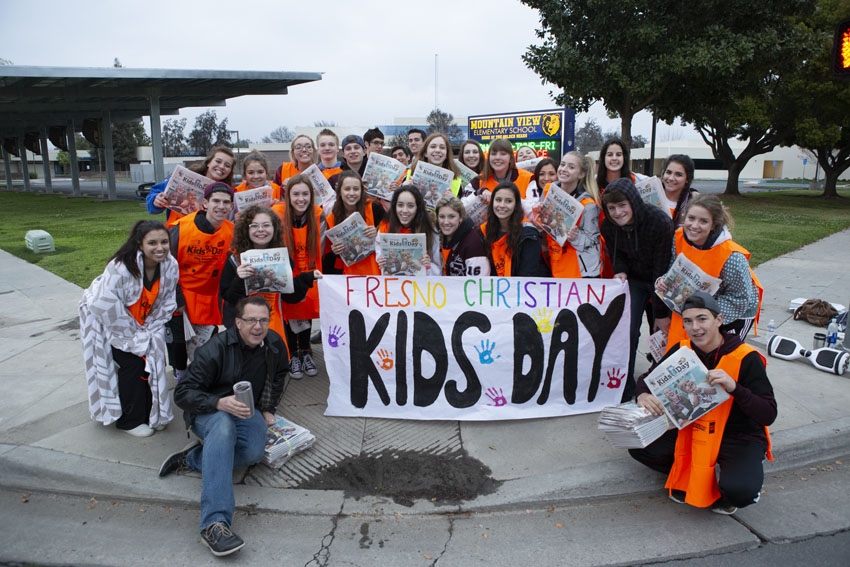
![[Video] 100th CSPA Spring Journalism Conference](https://thefeather.com/wp-content/uploads/2024/04/20240308-cspa-crown-002.jpg)
![[Video] New York Day 4](https://thefeather.com/wp-content/uploads/2024/04/NY-trip-day-4-JC-.jpg)
